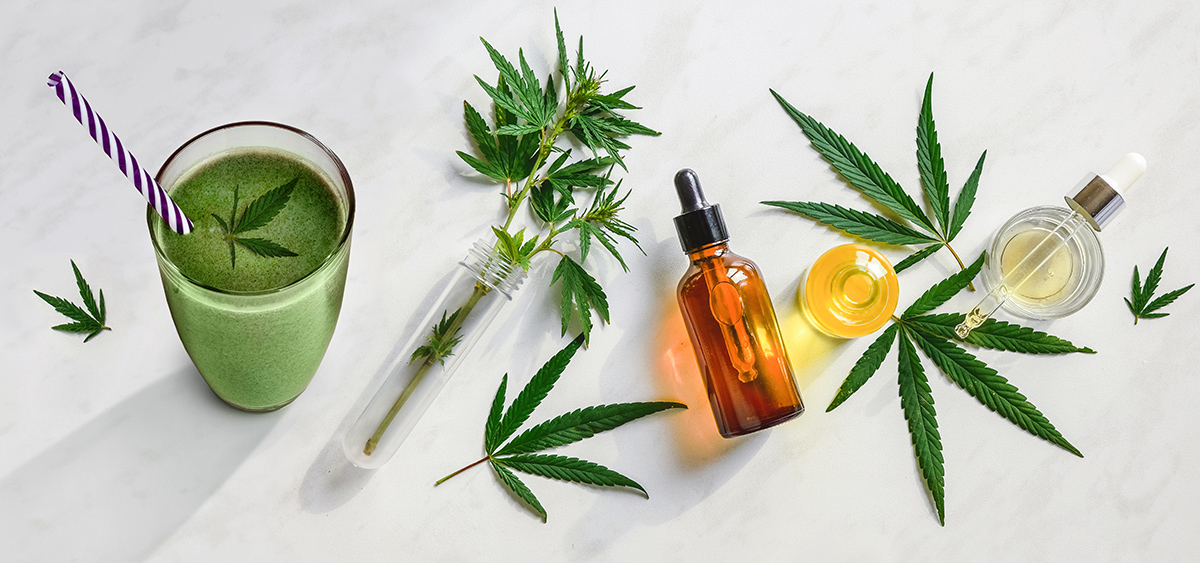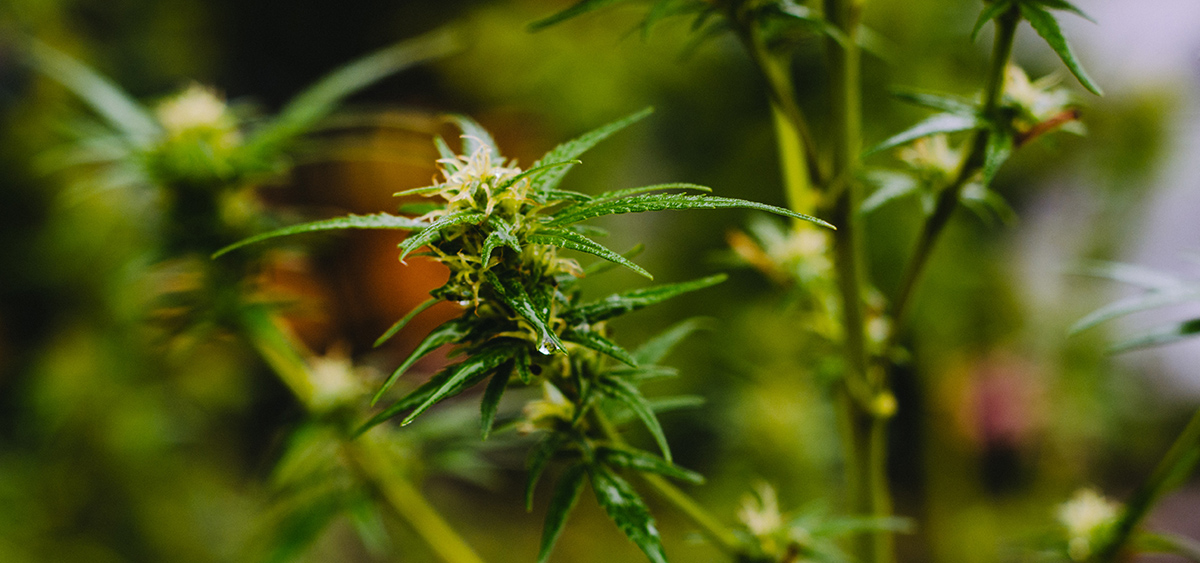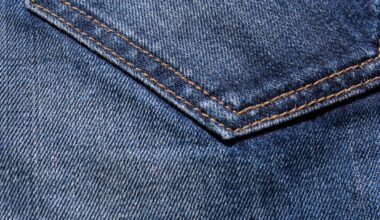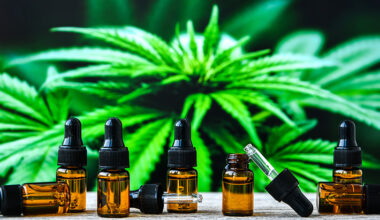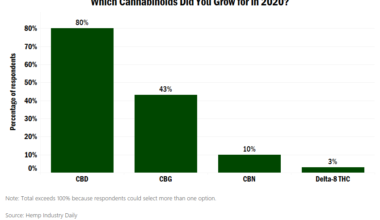[ad_1]
The European Commission is considering labeling naturally-derived CBD food products “narcotic-related” and has suspended applications for novel food with non-synthetic CBD, according to a Just Food report. The plan would not add the label to novel foods – described by the European Union as a product not widely consumed before 1997 – that contain synthetic CBD.
A spokesperson for the European Commission said the label would be added to products containing “CBD extracted from the flowering and fruiting tops of the hemp plant.” The spokesperson added that the commission has informed applicants of the novel food program about their “preliminary views” and has asked them to comment on the proposal.
Those “preliminary views,” the spokesman said, consider hemp-derived CBD as a narcotic drug under the 1961 United Nations Single Drug Convention on Narcotic Drugs.
“The commission must verify whether the individual applications fall within the scope of the Novel Foods Regulation and whether the data requirements are fulfilled. This includes a verification of whether the specific product falls within the definition of food. The commission will make a decision on the validity of the concerned applications afterward. … Applications for synthetic CBD can be considered valid and some have already been sent to the European Food Safety Authority for risk assessment.” – European Commission spokesperson via Just Food
The commission will also review applications for other hemp-derived products “including extractions from the flowering parts but also from other plant parts,” the spokesperson said, alluding to flavonoids and terpenes.
While the policy is being considered, businesses will be allowed to continue selling hemp-derived CBD food products that have been previously approved.
[ad_2]
Source link
Medical Disclaimer:
The information provided in these blog posts is intended for general informational and educational purposes only. It is not a substitute for professional medical advice, diagnosis, or treatment. Always seek the advice of your physician or other qualified healthcare provider with any questions you may have regarding a medical condition. The use of any information provided in these blog posts is solely at your own risk. The authors and the website do not recommend or endorse any specific products, treatments, or procedures mentioned. Reliance on any information in these blog posts is solely at your own discretion.

